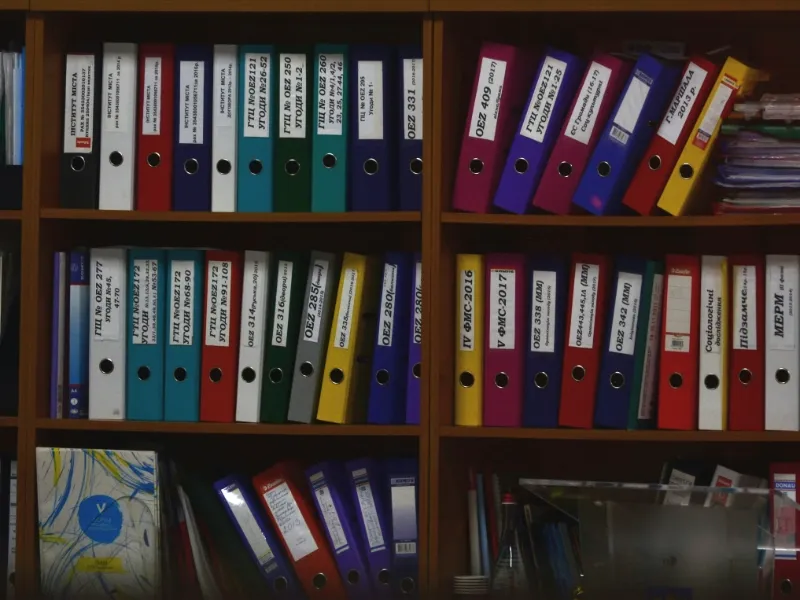- An archive is a library that offers access to a wealth of materials, ranging from websites and books to music, software, and more.
- The Internet Archive is an essential institution in the digital age, providing free access to a massive trove of digital data and preserving it for future generations.
- It invites all internet users to not only witness the internet’s evolution but to contribute to it, ensuring that their digital presence is remembered and preserved.
Enter the Internet Archive, a non-profit digital library that offers free access to a wealth of digitised materials, ranging from websites and books to music, software, and more. This blog delves into the role and significance of the Internet Archive, highlighting its vast collections and its impact on information preservation and accessibility.
What is the Internet Archive?
Founded in 1996 by Brewster Kahle, the Internet Archive aims to provide “Universal Access to All Knowledge.” It serves as a digital repository for internet sites and other cultural artefacts in digital form. By archiving web pages as they evolve and change, the Internet Archive preserves the internet’s historical record. It allows users to explore older versions of web pages and see how digital content has developed over the years.
Key features and collections
Wayback Machine: Perhaps the most well-known tool of the Internet Archive is the Wayback Machine. This remarkable feature allows users to view archived versions of web pages stretching back nearly to the dawn of the public internet. To date, the Wayback Machine contains over 600 billion archived web pages, making it an invaluable resource for researchers, historians, and anyone interested in the evolution of the internet.
Also read: Should we build an archive on the history of internet measurement?
Books and texts: The Internet Archive offers a vast library of digitised books and texts that might otherwise be inaccessible to the public. This includes millions of public domain books that are no longer in print or were never commercially digitised. The collection also extends to academic papers, journals, and historical documents, providing a rich resource for educational purposes.
Also read: Apple’s pursuit of news archives raises concerns over AI training
Audio and music: Music lovers and researchers alike can explore a wide array of audio files, ranging from live concert recordings and old-time radio shows to audiobooks and news broadcasts. This collection not only helps preserve audio history but also provides a platform for new artists to share their work with a global audience.
Video and movies: The video library of the Internet Archive includes everything from classic full-length films and documentaries to news clips and educational videos. This section is especially popular with enthusiasts of old cinema and scholars studying the visual culture of past eras.
Software library: The software collection includes a variety of old and obsolete software applications, games, and utilities that users can download and use on their computers. This not only preserves software history but also assists in research and nostalgia gaming.
Why the Internet Archive matters
The Internet Archive is more than just a library; it is a vital tool for preserving the digital era’s history. As technology rapidly advances, the digital footprints of our culture risk being lost. This platform ensures that future generations have a window into the past, understanding how digital culture has shaped society.
Moreover, the Internet Archive plays a crucial role in advocating for a free and open Internet. It stands as a bulwark against censorship, providing access to information that might otherwise be lost or hidden away. It supports the notion that knowledge should be free and accessible to everyone, everywhere.

